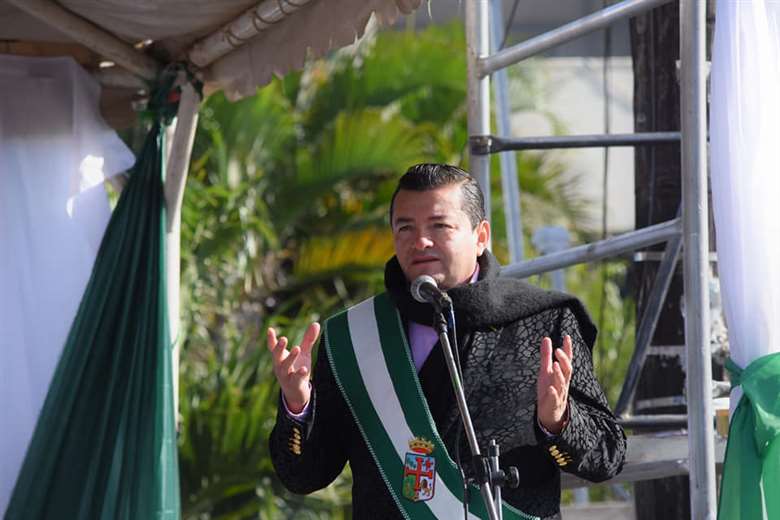A sauna was closed in the Spanish city of Madrid as it is considered a place of contagion for the cases of monkeypox found in that commune, where the official number reaches seven, although local health authorities assure that there are 21 confirmed cases and 19 suspects
“With the arrival of the summer season … with mass gatherings, festivals and parties, I am concerned that transmission may accelerate,” said the WHO’s regional director for Europe, Hans Kluge.
The virus, which causes skin rashes on various parts of the body and which usually heals spontaneously, was first identified in humans in the Democratic Republic of the Congo in 1970.
These last days cases were detected in several European countries, in the United States, Canada and Australiaaccording to Kluge, who describes the spread as “atypical.”
According to the health official, the transmission could be driven by the fact that “the cases that are currently being detected are among people who have sexual relations”, and many do not recognize the symptoms.
Most of the cases in recent days “have been in men who have sex with men and have sought treatment at sexual health clinics,” Kluge said.
“This suggests that the transmission may have started some time ago,” Kluge added, quoted by the AFP news agency.
According to the chief medical adviser of the British health security agency in the United Kingdom, Susan Hopkins, “this increase will continue in the coming days and more cases will be identified in the general community”.
In particular, he urged gay and bisexual men to be vigilant for symptoms, stating that a “remarkable proportion” of cases in the UK and Europe come from this group.
The infection of the initial cases is due to direct contact with blood, body fluids, skin lesions or mucous membranes of infected animals.. According to the WHO, symptoms last between 14 and 21 days.
On Tuesday, the World Health Organization (WHO) stated that it wanted to clarify, with the help of the United Kingdom, the cases detected since the beginning of May, especially in the homosexual community.
Kluge’s statement comes after France, Belgium and Germany announced their first cases.
Italy has also recorded three cases of infected people so far, health authorities said today.
The disease was identified for the first time on Thursday in a young man who had recently returned from the Canary Islands (Spain) and in two other people this Friday, said the Institute of Infectious Diseases of the Spallanzani Hospital in Rome.


















